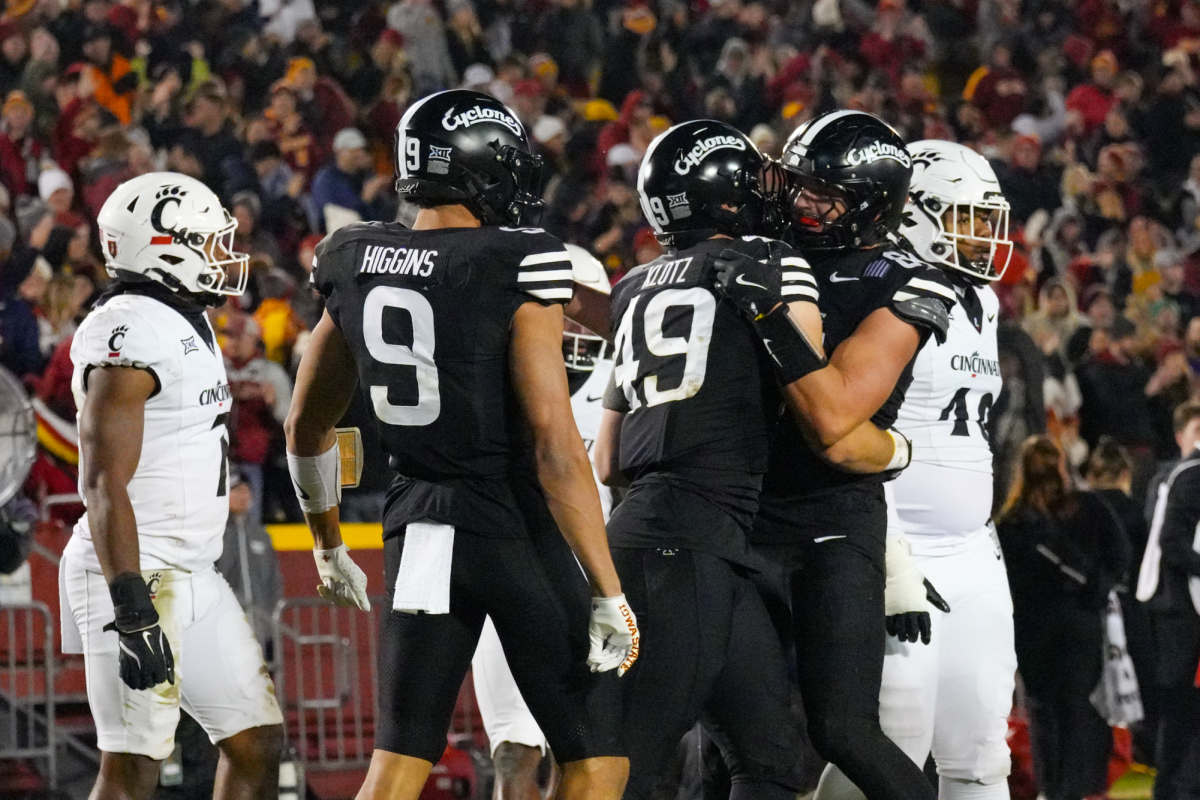Israel out of Lebanon
February 18, 2000
To the editor:
On Aug. 2, 1990, Iraqi military forces invaded and occupied the small country of Kuwait. The U.N. Security Council condemned the invasion and called for the restoration of sovereignty, independence and territorial integrity of Kuwait (Resolution 661). An allied army was formed, and The Persian Gulf War of 1991 was fought to expel Iraq and restore Kuwaiti independence.
In March 1978, Israel took control of Lebanese territory in South Lebanon to prevent Palestinian attacks on northern Israel. On March 19, 1978, the U.N. Security Council passed resolution 425, which calls for strict respect for the territorial integrity, sovereignty and political independence of Lebanon and calls upon Israel to withdraw its forces from all Lebanese territory immediately.
It has been more than 22 years since Israel began occupying an area it borders, which it usually refers to as its “security zone.” Was there any coalition formed to restore Lebanese integrity?
Of course not. Lebanon is not Kuwait. There is no oil or economic interests in South Lebanon.
During these 22 years of occupation, Israel has committed several actions against international laws: Archeological sites were plundered, and hundreds of Lebanese civilians were either arrested or banished from the security zone.
Reports also said that barren soil was stolen for the need of agriculture in Northern Israel. Reports from Amnesty International and Human Watch Rights have provided enough information about these illegal actions.
Last week, Lebanon experienced the bloodiest fighting in months. What happened exactly?
In a burst of attacks beginning Jan. 25, the Hezbollah have killed seven Israeli soldiers and injured another 16 inside southern Lebanon.
In retaliation, Israeli warplanes attacked three major power stations in Lebanon and wounded 18 civilians. Since then, Israeli jets have launched air raids for 13 consecutive days on suspected hideouts of Lebanese guerrillas.
It is important to notice that the Hezbollah attacked only Israeli soldiers in Southern Lebanon, not civilians, and didn’t fire any rockets into Israel this time, while Israel destroyed vital infrastructure in Lebanon. “The soil of Lebanon will burn,” stated Israel’s foreign minister, David Levy, “if rockets fall on North Israel.”
I am concerned by what is happening in Lebanon, and I am surprised by the way some media in the United States cover these events in distorted and biased reports.
Did they report on the Israeli occupation of Lebanon, which is the cause of the Hezbollah attacks, the results of the destruction of power plants on the economy of Lebanon or the suffering of Lebanese civilians who have to live for months without light or heating?
Not exactly. The media focused more on how residents in Northern Israel headed to shelters fearing rocket attacks from the Hezbollah and presented the Israeli strikes as a defensive war against some terrorist guerrillas.
While many countries condemned the Israeli attacks on Lebanon’s infrastructure, U.S. officials blamed Hezbollah for the latest round of violence in Lebanon. The United States will never blame their friend Israel.
“We stand by our previous statements that the initiation of these battles was by the Hezbollah,” said James Rubin. Do these declarations mean that Israel is allowed to occupy Lebanon but the Hezbollah shouldn’t disturb Israeli soldiers?
The latest Hezbollah attacks may be a Syrian tactic to force concessions from Israel in peace talks, since Lebanon, which is under Syria’s thumb, is a proxy battleground between Israel and Syria.
Nothing can justify attacks on Lebanon’s infrastructure. And to those who claim that the Hezbollah should refrain from attacking Israeli soldiers during the peace process, I would like to remind them that Israel never stopped its settlements while negotiating with the Palestinians.
I am not a Hezbollah fan, and I don’t support their political ideas, but I have to admit that the Lebanese resistance has a legitimate right to return to the security zone that is Lebanese territory.
I also feel sorry for every Israeli soldier killed in Lebanon. I hope that a peace treaty will be soon signed between Israel, Syria and Lebanon.
Jean-Pierre Taoutel
Temporary instructor
French






